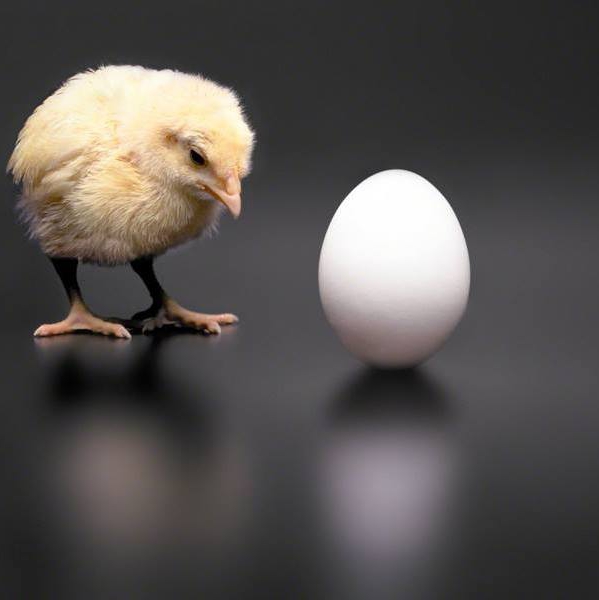Great Philosophical Problems
What is on your coffee table?
I asked myself this same question one overcast morning. My brain was working at about half the speed of slow as I approached the locus of last nights' festivities. Stained rings of forgotten wine glasses glaring up at me, the frozen motion of dried candle wax - a time capsule that my mind tried furiously to decode – cast doubt on my fragile resolve. Perhaps another approach was needed here.
Do I need to clean this table? Is the appearance of this table its reality? Sighing I slumped to the couch and coaxed my brain up a gear, its either think or clean ‘ol chap. Neither one sounded appealing, yet, while the former was at best uncertain, the later was positively terrifying. My fingers loosened from around the moist tea towel clenched in my hand and the white powdery residue of last evenings pistachio shortbread breathed a collective sigh of relief.
I cast furtive glances towards the table, yes, still a disaster zone, the food bowl of my dog propped against one of its legs, its contents more out then in. Truce? I reach out and place my hand on one of the few clear places on the tables’ surface. Surely, if any other normal person comes into this room, he will see the same table with the same cacophony of waste piled upon it as I see? Indubitably the table which I see is the same as the table which I feel pressing against my arm.
All this seems to be so evident as to be hardly worth stating, except perhaps it wasn't quite so...
To the eye it is oblong, brown and shiny, heaped with the various casualties of last evenings’ festivities. To the touch it is smooth and cool and hard; when I tap it, it gives out a wooden sound. Any one else who sees and feels and hears the table will agree with this description, so that it might seem as if no difficulty would arise; but as soon as we try to be more precise our troubles begin.
Although I believe that the table is 'really' of the same color all over, the parts that reflect the light look much brighter than the other parts, and some parts look white because of reflected light. I know that, if I move, the parts that reflect the light will be different, so that the apparent distribution of colors on the table will change. It follows that if several people are looking at the table at the same moment, no two of them will see exactly the same distribution of colors, because no two can see it from exactly the same point of view, and any change in the point of view makes some change in the way the light is reflected.
For most practical purposes these differences are unimportant but here we have already the beginning of one of the distinctions that delineate some of the most vitriolic debate within philosophy, the distinction between 'appearance' and 'reality', between what things seem to be and what they are.
Returning to the table. It is evident from what we have found, that there is no pre-eminently colour of the table, or even of any one particular part of the table, it appears to be of different colors from different points of view, and there is no reason for not regarding some of these as more 'really' its color than others. Such colors have just as good a right to be considered real; and therefore, to avoid favoritism, we are compelled to deny that, in itself, the table has any one particular color.
Thus it becomes evident that the real table, if there is one, is not the same as what we immediately experience by sight. The real table, if there is one, is not immediately known to us at all, but must be an inference from what is immediately known. Hence, two very difficult questions at once arise; namely, is there a real table at all? If so, what sort of object can it be, what is the quiddity of of such a object?
At this point my brain began to tingle, can non-existent mess survive on a non-existent table? Before thinking about this for too much longer I decided that perhaps a few more hours of sleep would be beneficial to the whole enterprise and promptly closed my eyes. Biding his time until now, my dog, a Bertrand Russell, jumped hastily up on my lap and curled up smugly into my slouched form.
This is the first step in publishing a book of important philosophical musings, with the ambition to have it laying on, yes you got it, that very same coffee table.
